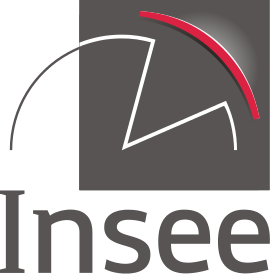Household Income and Wealth 2021 Edition
With Household Income and Wealth, INSEE presents the main indicators and analyses of inequality, poverty and household wealth.
Reduction in inequality: redistribution effect doubles when public services are included
Aliocha Accardo, Mathias André, Sylvain Billot, Jean-Marc Germain, Michaël Sicsic (INSEE)
Household standard of living is affected by public transfers, positively through the benefits households receive and negatively through the taxes they pay. This article takes into account all transfers, not only direct transfers, as is usually the case, but also indirect taxes and a monetary valuation of public services.
From this expanded view of standard of living, in 2018, two thirds of individuals received more in benefits and public services, on average, than they paid in taxes and social security contributions, compared with about a third when adopting the usual monetary approach.
There is marked inequality before transfers, that is to say calculated on the basis of so-called “expanded” primary income. The average expanded primary income of the wealthiest 10% of individuals is 13 times higher than for the poorest 10% of the population. This ratio falls back down to 7 for the usual standard of living and to 3 for the expanded standard of living.
The redistribution-related reduction in inequality (measured by the Gini index) is twice as great using the expanded approach compared with the usual monetary approach. The redistributive nature of the French tax-benefit system stems above all from transfers in kind, such as education, healthcare and housing, which account for 50% of the reduction in inequality in the expanded redistribution sense; followed by social benefits in cash (23%), collective consumer expenditure (16%) and pensions (10%). Taxes are slightly anti-redistributive owing to taxes on goods and contributions which more than compensate for the progressivity of taxes on income and wealth.



